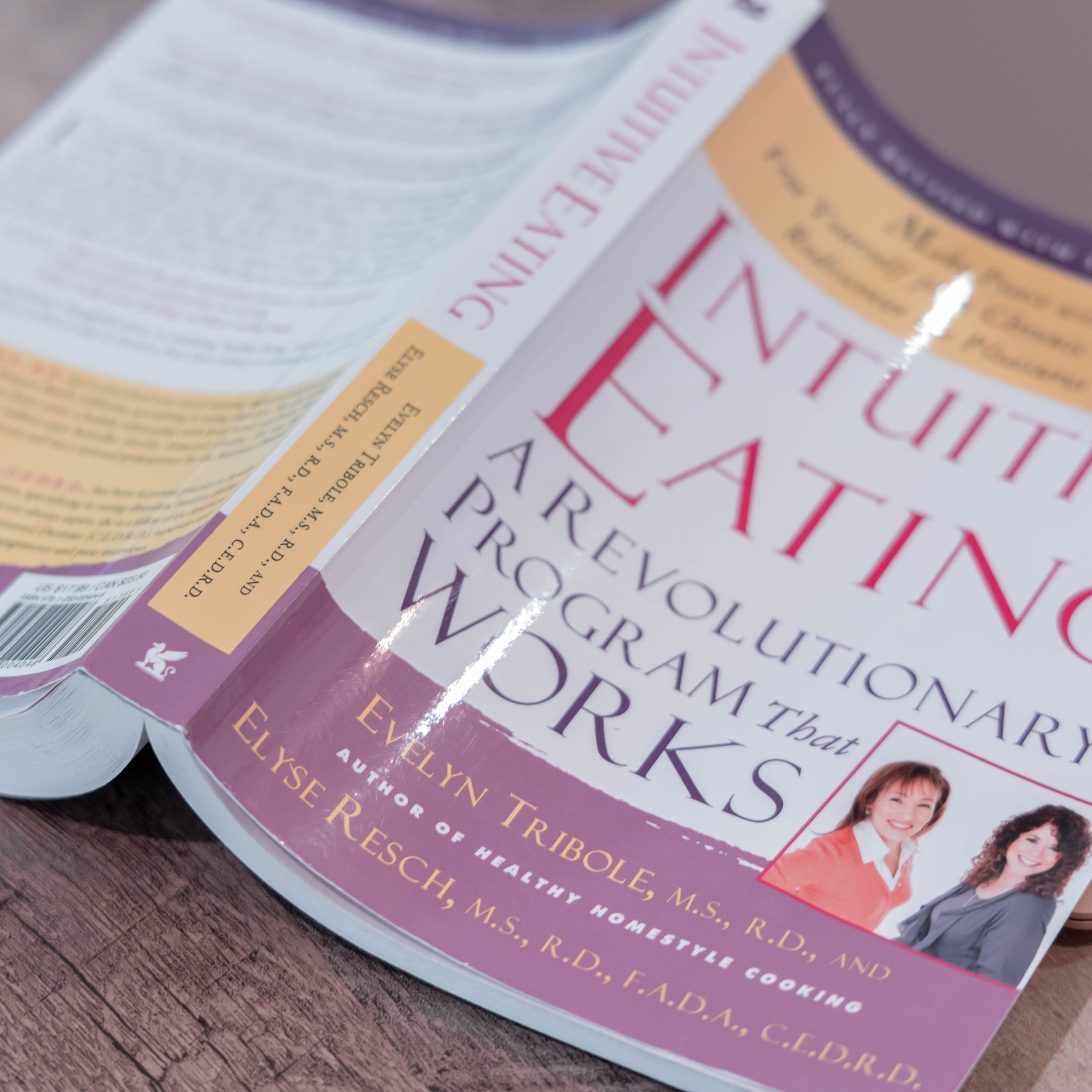Why See a Dietitian?
What is a Registered Dietitian?
A Registered Dietitian (RD) is a food and nutrition professional. To become a Registered Dietitian, one must obtained a 4 year undergraduate degree in dietetics from a program accredited by the Academy of Nutrition and Dietetics Accreditation Council for Education in Nutrition and Dietetics (ACEND), completed a Dietetic Internship where they will obtain more than 1200 supervised practice hours by a registered dietitian, and passed a national exam administered by the Commission on Dietetic Registration (CDR). In most states, dietitians are required to hold licensure to practice and obtain continuing education hours. To use the title Registered Dietitian (RD) or Registered Dietitian Nutritionist (RDN), you must pass the CDR exam and be registered. Different states utilize different titles to show proof of licensure, in Georgia it is LD, or licensed dietitian. A registered dietitian is trained to work in many different careers, including in food service management, in a hospital setting, including acute and long term care, for school systems, including universities, sports nutrition, corporate wellness, outpatient care, eating disorders, research, and so much more.
Is a nutritionist the same as a Registered Dietician?
A registered dietitian is a nutritionist, but a nutritionist is not a registered dietitian. The title RD is protected by the state and federal government. There is no protection or regulations behind the use of the word “nutritionist.” While someone who calls themselves a nutritionist might have some education or background in food and nutrition, they have not completed the education and schooling required to sit for the CDR exam. Dietitians can offer medical nutrition therapy, meaning they provide medical diets for disease states like diabetes, heart disease, kidney disease, and many more. Dietitians have extensively studied macro and micronutrient absorption to help design meal plans for people’s individual needs, based on their health history and current health status.
HAES Dietitians
HAES stands for Health at Every Size, and an approach to health that emphasizes that one's health cannot be determined by their weight, shape, or size. HAES practitioners recognize that you can be healthy in any size body and that weight does not equally identify health status. Part of the HAES movement is working towards weight inclusivity in healthcare, ending weight discrimination and the ‘tinner is better’ diet culture ideals, and promoting size acceptance, movement to enhance your life, and respect for body diversity and differences. HAES dietitians often practice a non-diet approach to health and wellness, encouraging listening to your body, intuitive eating, joyful movement, plenty of rest, and allowing your body weight to settle where it wants to when you are fueling it and resting it appropriately.
Reasons to see a RD:
Nutrition & eating concerns related to anxiety, depression, or other mental illness
Medical concerns- heart disease, high blood pressure, diabetes, renal concerns
GI/Stomach Issues- IBS, IBD, Chrons, Colitis, Gastroparesis
Eating concerns related to eating disorders, disordered eating, and/or emotional eating
Body image concerns
General Wellness
What to look for?
Just like with therapy or counseling, look for a professional who is the right fit for you. It’s important to know what you are looking for in a provider. Always pay attention to the provider's credentials, and ask questions like: Where did you complete your supervised training? Do you practice HAES? Can you help me with my concerns?
If you are interested in working with a dietician at Atlanta Wellness Collective, book a free consultation today to speak with Wells and see if nutrition counseling is a good fit for you.
VISIT US ON INSTAGRAM @atlwell








